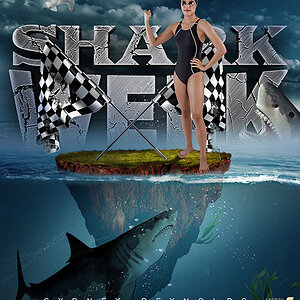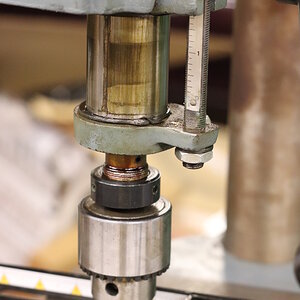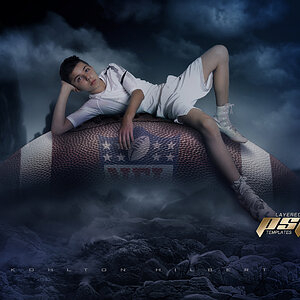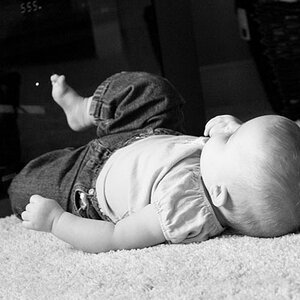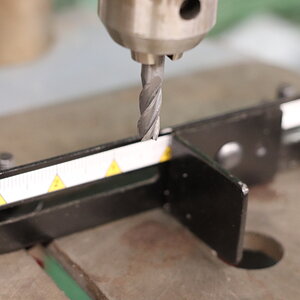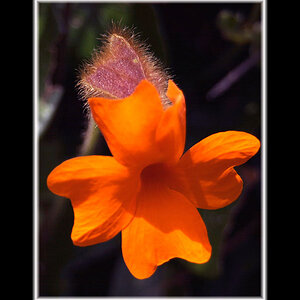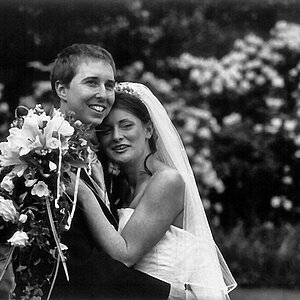MSnowy
Been spending a lot of time on here!
- Joined
- Mar 1, 2010
- Messages
- 5,341
- Reaction score
- 4,115
- Location
- Scituate, MA.
- Can others edit my Photos
- Photos NOT OK to edit
I guess the subject of feeding wildlife directly or indirectly really depends on where you live. Around here they don't want you directly feeding them to cut down on the number of wildlife that are hit by cars. What has happened is the wildlife come out of where they normal are and cross roads because they now know where the easy meals can be had. On the other hand the powers that be
have no issue with you planting $100s of dollars worth of nice new landscaping that can disappear overnight.
have no issue with you planting $100s of dollars worth of nice new landscaping that can disappear overnight.


 . They even had to put up signs to not take selfies with the gators where I go birding at. Some people tend to think there's no harm in feeding/baiting but it can have tragic consequences, for both man and beast.
. They even had to put up signs to not take selfies with the gators where I go birding at. Some people tend to think there's no harm in feeding/baiting but it can have tragic consequences, for both man and beast.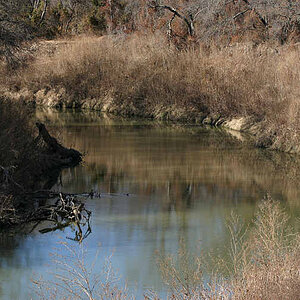
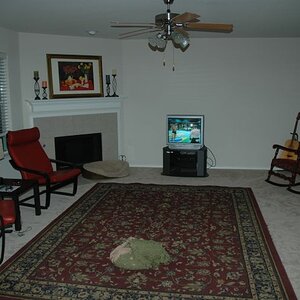
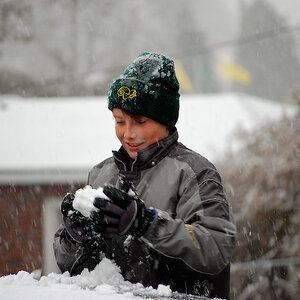
![[No title]](/data/xfmg/thumbnail/37/37627-c3d3ca879cdfbdb9e35acdcc7fcd4b3e.jpg?1619738154)
